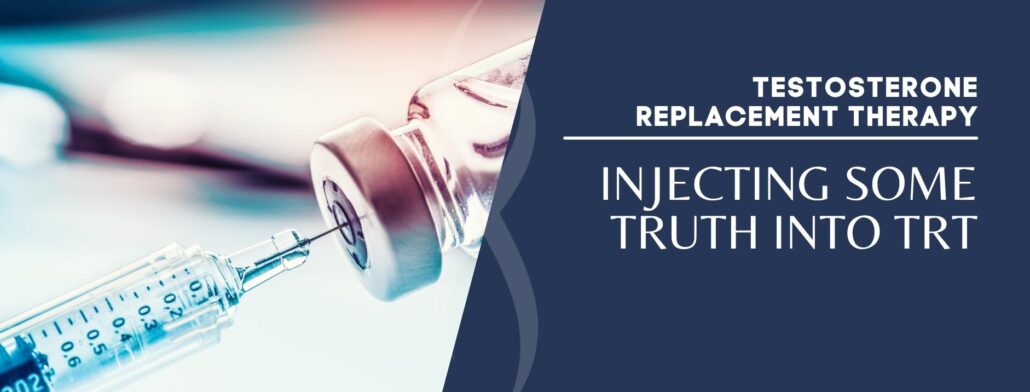It’s safe to say testosterone is widely misunderstood. This hormone is essential for a wide array of body functions and has a huge impact on health and identity. Despite little medical evidence, myths surrounding low testosterone and TRT have always swirled around. And nowhere is that more evident than on the internet. What you might get from “Tony on YouTube” is probably as far from the truth as it gets. So let’s get deeper into what’s true and what’s not.
IS LOW T UNCOMMON?
Studies have shown that men’s testosterone levels have been declining for decades. A study in the Journal of Clinical Endocrinology and Metabolism revealed a substantial drop in U.S. men’s testosterone levels since the 1980s. Findings presented at the 2020 American Urological Association Virtual Experience showed startling rates of testosterone deficiency among adult men. They report that about 2 in every 100 men have low T. Almost 40% of men aged 45 and older.
DO MILLENNIAL MEN NEED TESTOSTERONE REPLACEMENT THERAPY?
While erectile dysfunction in older men may be caused by chronic illnesses like diabetes, hypertension, and high cholesterol, the cause among millennial men is often more psychological. Stress and anxiety are powerful and can significantly impact your hormones, potentially lowering your testosterone levels. The most worrisome thing about the correlation between stress and testosterone is that it can quickly turn into a vicious cycle. Lower testosterone levels can lead to more stress in the body and cause your testosterone levels to drop even lower. Experiencing stress today, anyone?
WILL TRT FOR LOW T TURN YOU INTO A SEX MACHINE?
You wish.
Testosterone is often touted as the messiah of roaring libido and breath-taking sex for men. Yes, testosterone can increase your sex drive and even help give you more spontaneous erections that can last longer. It can even actually raise your sperm count and volume. But it isn’t going to make you a better lover. Yes, you can get stronger erections from testosterone replacement therapy, but how you use them is totally in your ballcourt.
ARE ALL SYMPTOMS OF LOW T RELATED TO SEX
Low testosterone levels can sometimes have long-term serious effects on the entire body. Consider a few:
- Fatigue
- Insomnia
- Weight gain
- Loss of muscle
- Bone loss (yes, osteoporosis…)
- Brain fog
- Depression
- Mood changes
- Thinning hair
- Difficulty concentrating
- Increased risk for metabolic and cardiovascular disease
TRT can address many of these issues by naturally raising your testosterone levels with bioidentical testosterone injections. “Bioidentical” meaning the same as your body produces.
WILL TRT MAKE YOU LOOK LIKE THE HULK?
No worries here.
A common misconception is that TRT for low T is similar to performance-enhancing drugs or steroids that athletes use for trying to bulk up. TRT, or testosterone replacement therapy, aims at treating the symptoms of low testosterone. What testosterone therapy can do, is decrease fat and increase lean muscle mass. Which, when combined with exercise, can make you look a lot better.
CAN ANY DOCTOR DIAGNOSE AND TREAT LOW T?
The only way to know whether you truly have low T is by seeing a specialized healthcare provider for a testosterone level test. Your family doctor isn’t trained in testosterone replacement therapy. They aren’t qualified to understand the intricacies of treating someone with TRT. Family doctors tend to only test for a handful of basic health markers and rely on outdated models of normal vs. optimal levels.
The experts at Thrive Health Solutions are. The knowledgeable staff at Thrive have extensive training and experience using testosterone replacement therapy, including both testosterone injections and pellets. They see patients every day with issues related to low testosterone and know exactly what to look for and how to help. They recognize that every individual is unique and tailor specific treatments for each patient, which is determined not just by their diagnosis but by symptoms, age, weight, medical history, and other factors. The caring providers at Thrive are there to regulate your doses and continue monitoring your progress throughout the entire treatment period. They’re there to answer all your questions. The first of which is usually simply, “Do I need TRT?” Don’t wait to find out. Text or call Thrive Health Solutions for an appointment now.



